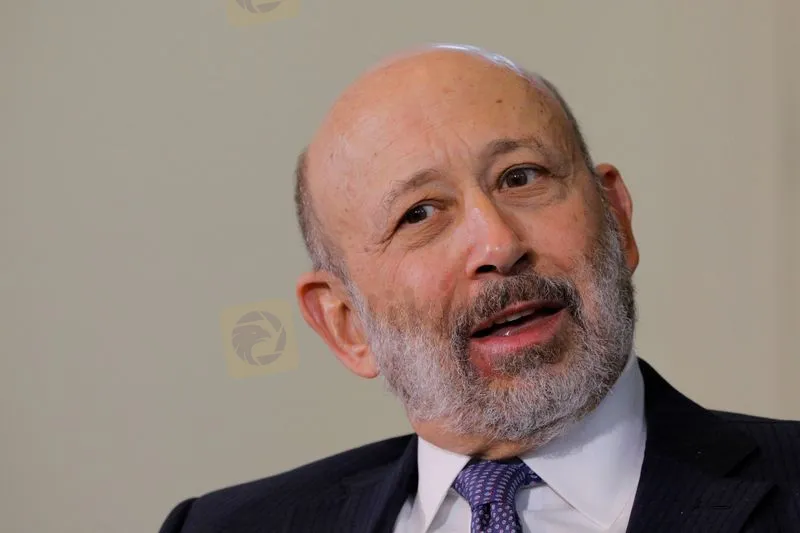简体中文
繁體中文
English
Pусский
日本語
ภาษาไทย
Tiếng Việt
Bahasa Indonesia
Español
हिन्दी
Filippiiniläinen
Français
Deutsch
Português
Türkçe
한국어
العربية
Ex-Goldman CEO Blankfein says recession possibility is 'very high risk factor'
Abstract:Former Goldman Sachs CEO Lloyd Blankfein believes the economy is at risk of possibly going into a recession

Former Goldman Sachs CEO Lloyd Blankfein said on Sunday he believes the economy is at risk of possibly going into a recession, as the U.S. Federal Reserve continues to raise interest rates to tackle rising inflation.
Speaking on “Face the Nation” on CBS, Blankfein said a recession is “a very, very high risk factor.”
“There's a path. It's a narrow path,” said Blankfein, who retired from Goldman Sachs several years ago and now holds the title of senior chairman.
“But I think the Fed has very powerful tools. It's hard to finely tune them, and it's hard to see the effects of them quickly enough to alter it, but I think they're responding well. It's definitely a risk.”
Last week, Federal Reserve Chairman Jerome Powell acknowledged that increasing interest rates will “include some pain,” but added that a far worse outcome would be for prices to continue spiking.
In March, the Fed approved a quarter-percentage-point rate increase. But some analysts say they fear policymakers have fallen too far behind to curb price increases without the sort of sharp rate hikes that might cause a recession.
Blankfein told CBS he agrees with Powell's assessment, and said some of the inflationary effects the economy is enduring now will be “sticky.” Please download WikiFX for more forex news.
“Overall for individuals, and certainly for individuals at the bottom quartile of the ... pie sharing, it's going to be quite difficult and oppressive,” he said.
Blankfein served as CEO at Goldman Sachs from 2006 through 2018, a tenure that included the tumultuous financial crisis that led the U.S. government to implement a bank bailout program.
Disclaimer:
The views in this article only represent the author's personal views, and do not constitute investment advice on this platform. This platform does not guarantee the accuracy, completeness and timeliness of the information in the article, and will not be liable for any loss caused by the use of or reliance on the information in the article.
Read more

Why Is UK Inflation Rising Again Despite Recent Lows?
October inflation rises to 2.3%, driven by energy costs. Renters face 8% annual hikes, while house price inflation climbs. Interest rates stay elevated.

How Inflation Rates Affect Forex Prices Globally
In this article, we’ll explore how inflation affects forex prices globally, the relationship between inflation and currency value, and why traders monitor inflation closely.

How to connect to VPS on Mac?
Mac连接VPS

How to connect to VPS in Windows?
Windows连接VPS
WikiFX Broker
Latest News
What Makes Cross-Border Payments Easier Than Ever?
Trader Exposes Unethical Practices by STP Trading
Saxo & Portuguese Bank Partnership
Italian Regulator Warns Against 5 Websites
SFC Freezes $91M in Client Accounts Amid Fraud Probe
Bybit Launches Gold & FX Treasure Hunt with Real Gold Rewards
Mastercard's 2030 Vision: Biometric-Driven, Tokenized Payments
What Are the Latest Trends and Strategies in Philippine Gold Trading?
Currency Calculator


